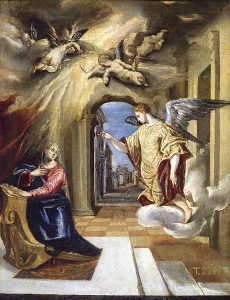
James McGrath, biblical scholar, historian and Christian, has written that historical studies of Jesus cannot explain what happened that gave rise among early Christians to the belief in the resurrection. Whatever they experienced — and clearly he believes the evidence confirms that they certainly experienced something unusual — is beyond the ability of history to explain. The reason is, simply, that history deals with “the ordinary” (to use McGrath’s words), and the resurrection is not an ordinary event.
Result: Historians must simply not touch this topic of the resurrection. They cannot. It is left to be a mystery. One of the unexplained or unanswered questions historians so often have to face. McGrath in blog comments has literally insisted that this “inexplicable” is no different from a host of other questions historians in any field cannot answer! I suggest that historians in other fields do not construct models that can only be explained by a miracle.
One might say that his is a bit like wanting to have one’s cake and eat it too. One tries to sound like a “man of the world” for whatever reasons, and to prove to others that one is a “man of the world”, but at the same time one secretly believes that one is really a part of another world.
But John Dominic Crossan has written that this approach (and McGrath is representative in this of very many of his peers, I am sure) is unethical. Before citing Crossan, here are McGrath’s words from The Burial of Jesus: History and Faith Continue reading “Does Crossan think McGrath is an unethical historian?”

